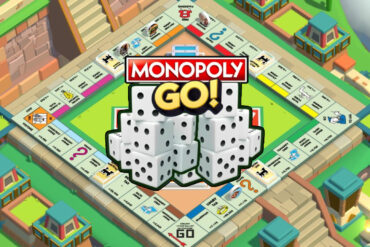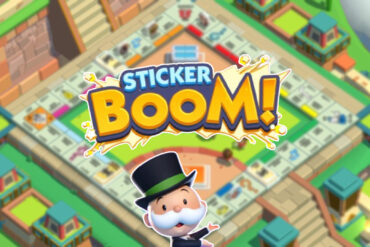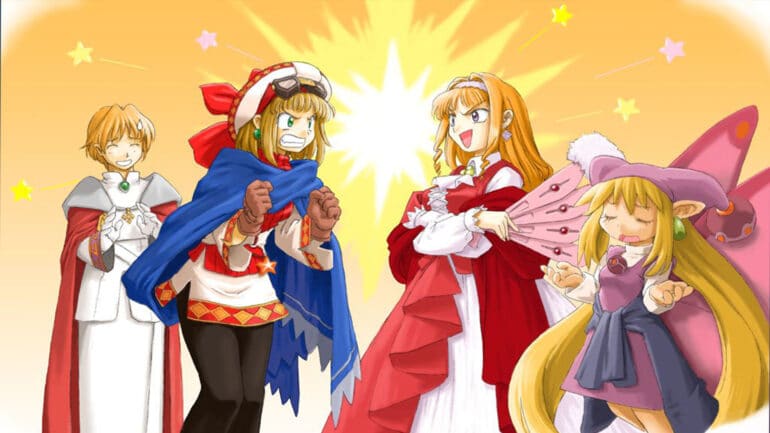The music in a game can make or break its overall experience. It has the power to evoke emotions, set the tone for different scenes, and even narrate a story alongside the playable character. One game soundtrack that stands out among the rest is Rhapsody: A Musical Adventure, which I discovered back in 1998 and have yet to find replicated in any other game.
Developed by Nippon Ichi Software for the PlayStation 1 and later ported to the Nintendo DS, Rhapsody appears to be a typical tactical JRPG. Its combat mechanics are straightforward, making it accessible even for those new to the genre. In fact, you can finish the game in just one or two sittings without delving into all the side quests or complex mechanics often found in RPGs.
However, what sets Rhapsody apart is its unique twist on classical fantasy and fairytale tropes, as well as its exceptional music. The game’s appeal leans more towards younger girls, and it subverts the damsel in distress trope by placing players in the shoes of Cornet, a young trumpet player and puppeteer.
Cornet embarks on a quest to save Ferdinand, the prince of the Kingdom of Marl, who has been kidnapped by a witch and her minions. At the beginning of the game, Cornet may not seem particularly remarkable, as she initially relies on a prince to rescue her and shape her life. Although, as the story progresses and she journeys away from home, aiding her companions on their quests, she undergoes significant character development. She reflects on her mistakes, questions her motivations, and ultimately grows into a strong, independent character.
By the end of the game, players become invested in Cornet’s journey, rooting for her to succeed in her trials and find happiness.
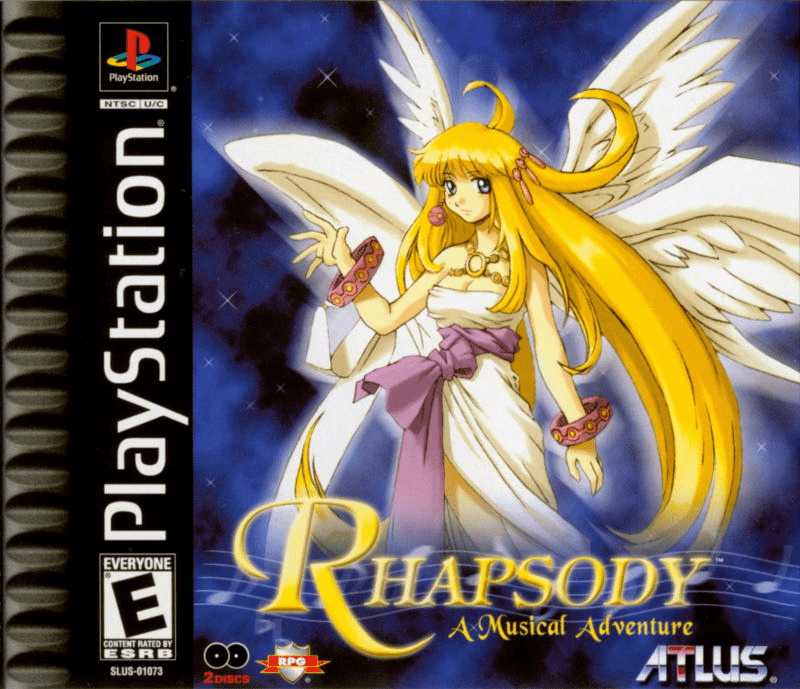
Rhapsody: A Literal Musical Experience
What truly sets Rhapsody apart and has garnered it a cult following is its approach to music. As the title suggests, this game is, quite literally, a musical. It features actual musical numbers, reminiscent of Broadway shows or Disney films. These songs serve various purposes, from conveying emotions and desires of the characters to highlighting a villain’s plot or providing encouragement during conflicts.
Some moments are self-aware, while others enhance memories or create comedic scenes, such as singing and dancing frogs. All the songs are fully voiced and come on a separate soundtrack along with the PlayStation disc.
As a child, I spent countless hours popping that disc into my CD player and singing along to the songs. I even used a villain song for a singing audition and successfully landed a role. The ending credits always stir up emotions with Cornet’s heartfelt thank you message, and the encompassing theme, “Let’s Go On,” has become ingrained in my memory. I find myself humming it during tough times, drawing strength from its melody.
Each song in Rhapsody plays a crucial part in the story, even though personal preferences may vary. For instance, I must admit that “Mountain Man” is my least favourite track due to its repetitive and boring lyrics. However, it still serves a purpose in the narrative.
Interestingly, there are a few songs available only on the soundtrack, not in the game itself. One example is a song related to the pirates encountered in the game. Additionally, the PlayStation version has a minor bug where one of the songs doesn’t play all the way through in a cutscene, but I can easily incorporate it into the story given its importance at a crucial plot point (I won’t spoil which one intentionally).
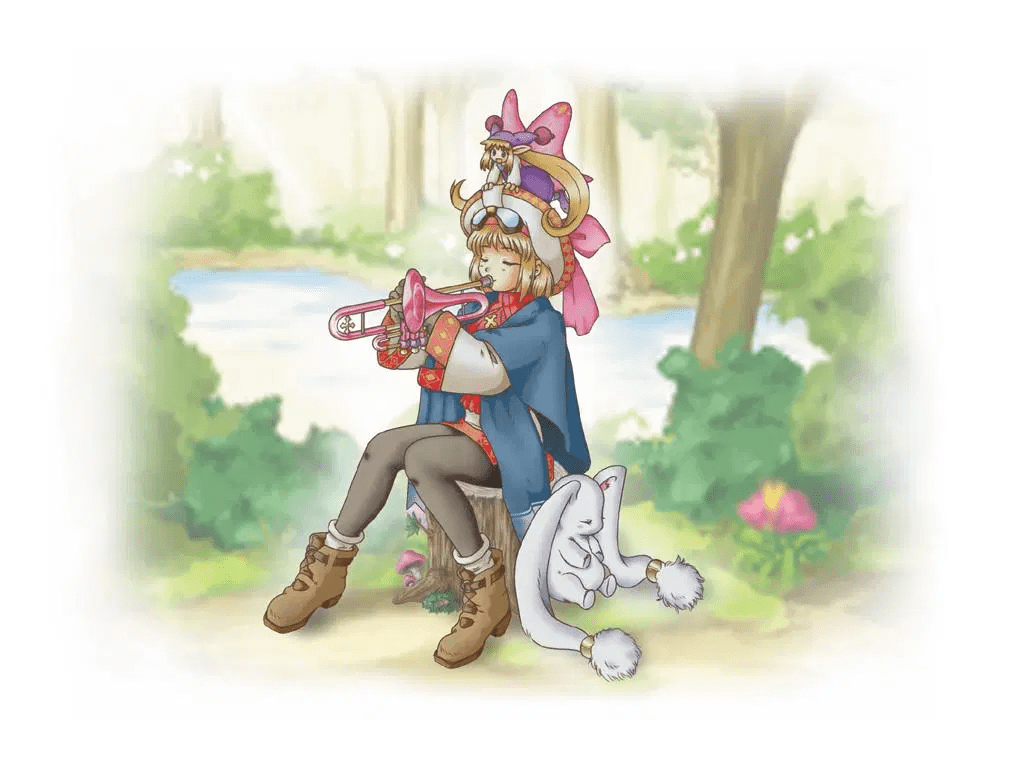
The Cult-Following and Underrated Status
To this day, I have yet to come across another game that reaches the musical heights achieved by Rhapsody. Although there are sequels to the game, unfortunately, they have remained exclusive to Japan without any signs of translation or fan projects in progress at the time of writing this article. It’s
The game, Rhapsody: A Musical Adventure, may have initially failed to gain significant popularity in the West, partly due to a poorly done DS port and limited exposure. Nonetheless, it has managed to cultivate a strong cult following over the years. As one of the first RPGs I ever completed, Rhapsody holds immense sentimental value for me and many others.
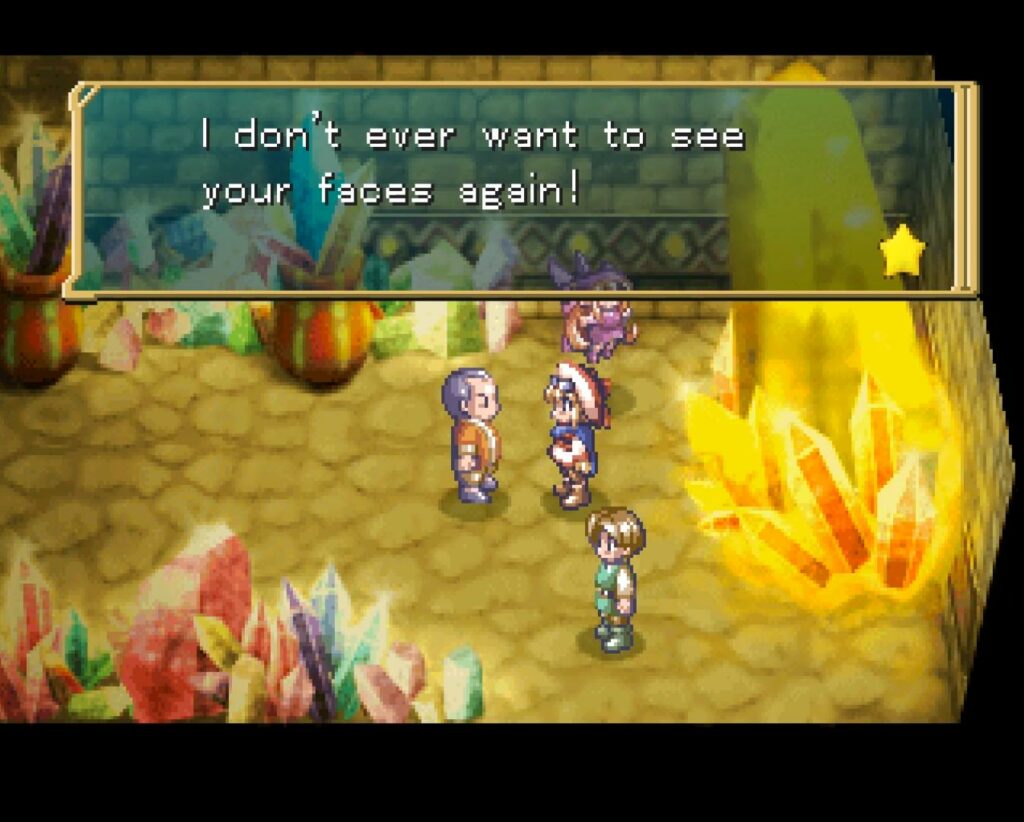
Tracking Down a Childhood Classic
I wholeheartedly recommend seeking out this classic gem or even watching a “Let’s Play” to experience its enchanting world. While reminiscing and humming along to the soundtrack, I can’t help but dream of a day when more games embrace the musical genre as seamlessly as Rhapsody did. Perhaps the magical tale of Cornet and her puppet friends will transcend its one Western release, expanding the reach of the Marl Kingdom series. Until then, I will continue to cherish the melodies from the Rhapsody soundtrack, hoping that the operatic scene in Final Fantasy VI was not just a one-off occurrence.
Rhapsody: A Musical Adventure stands as a testament to the power of music in gaming. It showcases the ability of melodies to shape emotions, enhance storytelling, and create a truly immersive experience.
This game’s distinct fusion of classical fantasy and musical elements sets it apart, making it a memorable and cherished part of my gaming journey. With its endearing characters, captivating story, and unforgettable songs, Rhapsody has left an indelible mark on the hearts of those who have had the pleasure of embarking on Cornet’s extraordinary quest.

